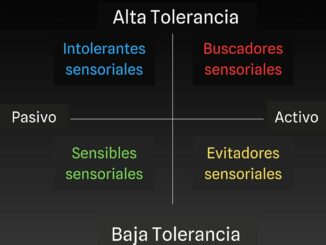I went to get dressed yesterday. We were going to be out walking outdoors for a few hours of the day. I put on some socks that I haven’t worn in a few months, since getting a bunch of new socks for Christmas.
They didn’t feel comfortable to me, immediately. There was a seam on them that felt uncomfortable and I just didn’t like the way that they felt on my feet. It was not a gradual feeling but an instantaneous one.
…And yet, still, for some reason, I tried to talk myself out of it. My inner dialogue went: “Well, maybe once I have shoes on it’ll be fine.” (Has that ever been true before of socks? Ever?) “I used to love these socks, so who knows why I don’t like them now. There must not be anything wrong with them. I’m just being weird about it. I just need to suck it up and deal with it.”
Okay, let’s step back for a moment. I am a grown adult woman. I am dressing myself. I am literally still standing next to my entire sock drawer. Inches away from other socks I can wear. And I am able-bodied right now and very capable of taking off socks and putting on new socks in about three seconds flat.
Why would I, instead, immediately begin mentally self-gaslighting about whether or not the sensory experience that I’m having is, in fact, the one that I’m having? “These socks used to not bother me, so they must not really be bothersome today.” But I’m wearing them right this moment and feeling bothered!
Why would I immediately begin trying to justify and persuade myself that my lived sensory experience is unimportant? “Once I have shoes on it’ll be fine. I need to suck it up and deal with it.” But I objectively don’t need to do either of those things! This is an extremely solvable problem and I’m standing right next to the solution and instead trying to talk myself out of it!
I don’t have an extremely neat conclusion to this, because it’s something that I’m still reflecting on and asking myself about. But I do know that it’s something that I want to pay attention to whether I’m doing to others—to the kids I parent, and the kids I work with—because if I’m willing to try to dismiss and minimize and ignore my own concern signals coming from my own body when there’s absolutely no good reason to, then I want to make sure that my gut reaction isn’t to carry that over into others, too. And on the flip side, as I get better to listening to my body and treating it kindly, I become more aware of how to help children interpret their body’s signals instead of ignoring them, too.



